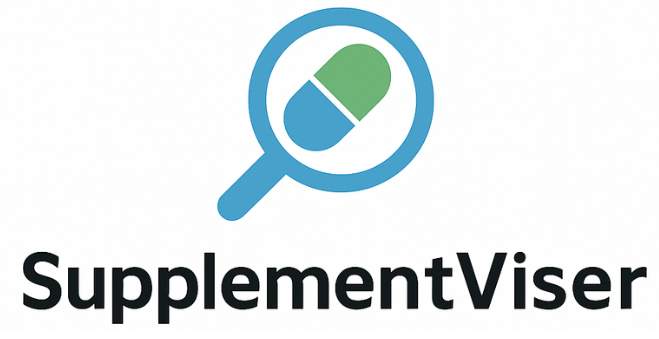YouTube Discussion:
Views: | Likes:
1. **Key Benefits and Effects**: Thiamine supplementation has been associated with improved heart function in patients with acute heart failure syndrome, potentially by enhancing cardiac energy metabolism (Smithline et al., 2019). It may also improve glucose metabolism and lipid profiles in individuals with and without diabetes mellitus type 2 (Al-Attas et al., 2014). Furthermore, thiamine has been found to significantly improve renal function in patients with septic shock, suggesting its potential role in kidney health (Moskowitz et al., 2023). Lastly, a combination of thiamine and vitamin C may improve outcomes in critically ill patients by reducing mortality rates and shortening the duration of vasopressor therapy (Shokri-Mashhadi et al., 2022).
2. **Safety Considerations**: The studies reviewed generally indicate that thiamine supplementation is safe within the contexts of their research. However, as with any supplement, it is advisable to consult with a healthcare provider before starting a new regimen, particularly for individuals with pre-existing health conditions or those taking other medications.
3. **Recommended Usage**: The optimal dosage of thiamine varies depending on the individual and the health condition being addressed. Further research is needed to establish specific guidelines for usage.
4. **Scientific Strength of Evidence**: The credibility scores of the studies reviewed range from 6.56 to 8.0, indicating a moderate to high level of scientific evidence supporting the benefits of thiamine supplementation. However, all studies emphasize the need for further research to confirm these findings and fully understand the mechanisms of action.
In conclusion, thiamine supplementation appears to have several potential health benefits, particularly for heart, metabolic, and kidney health. The existing evidence suggests that it is generally safe, but further research is needed to establish specific usage guidelines. Always consult with a healthcare provider before starting any new supplement regimen.
Top Reddit Discussions
| Title | Score | Link |
|---|---|---|
| Thiamine | 6 | View Post |
| Thiamine supplementation side effects? | 3 | View Post |
| Thiamine side effect | 3 | View Post |

Leave a Reply